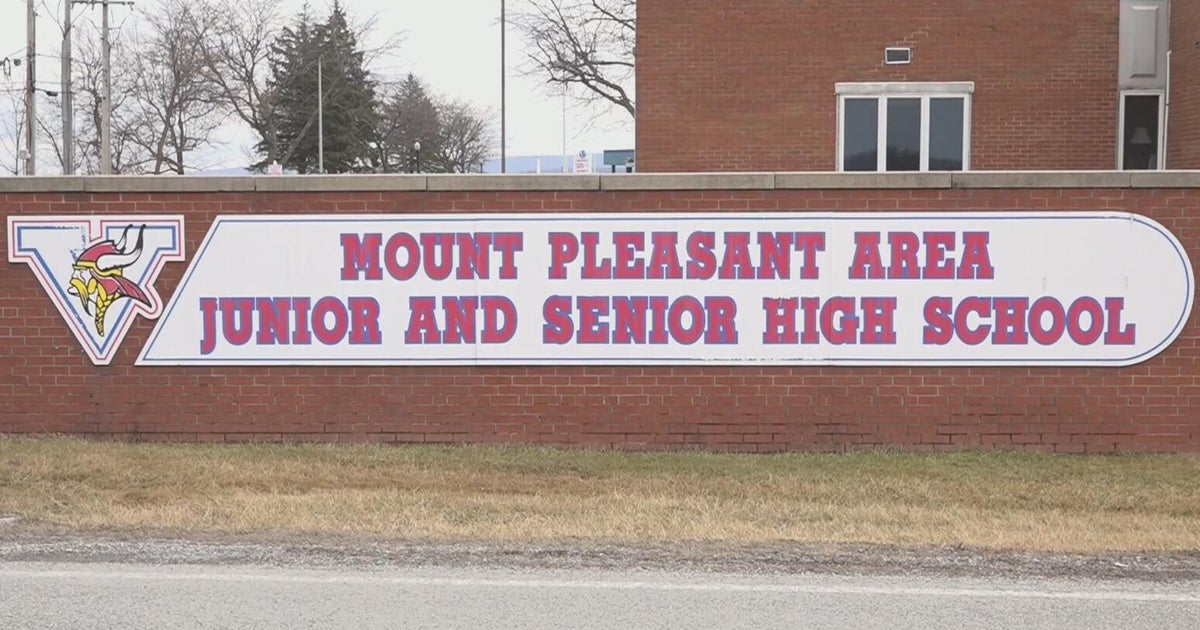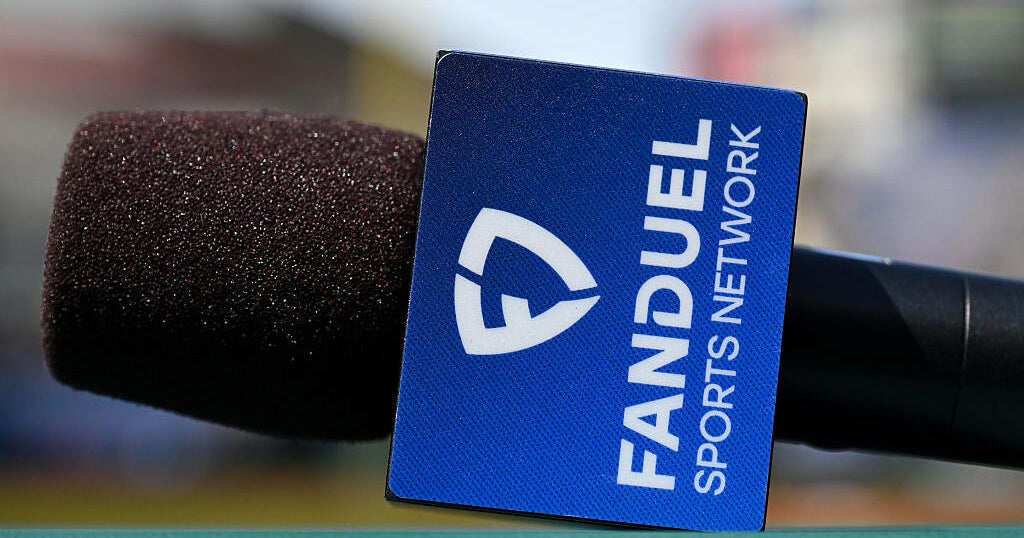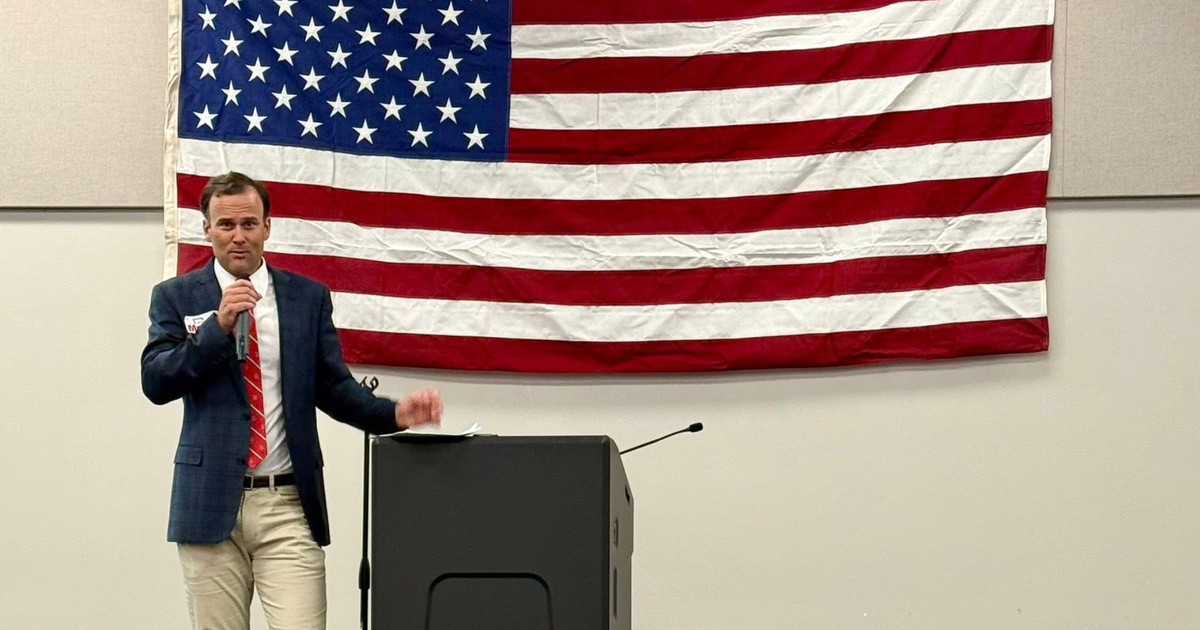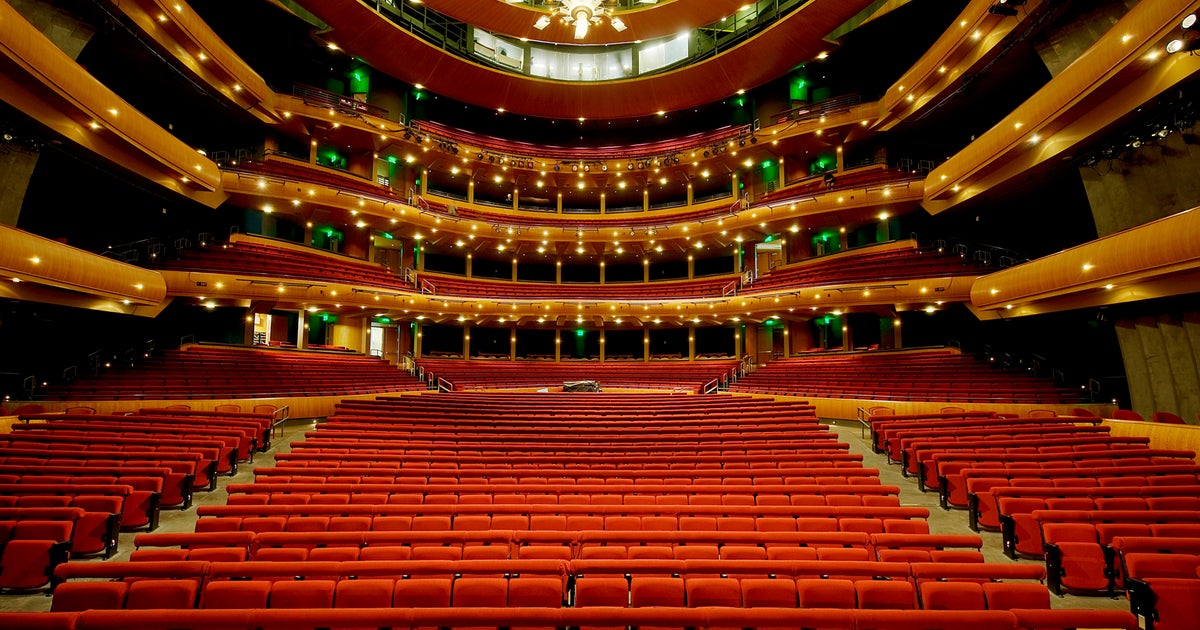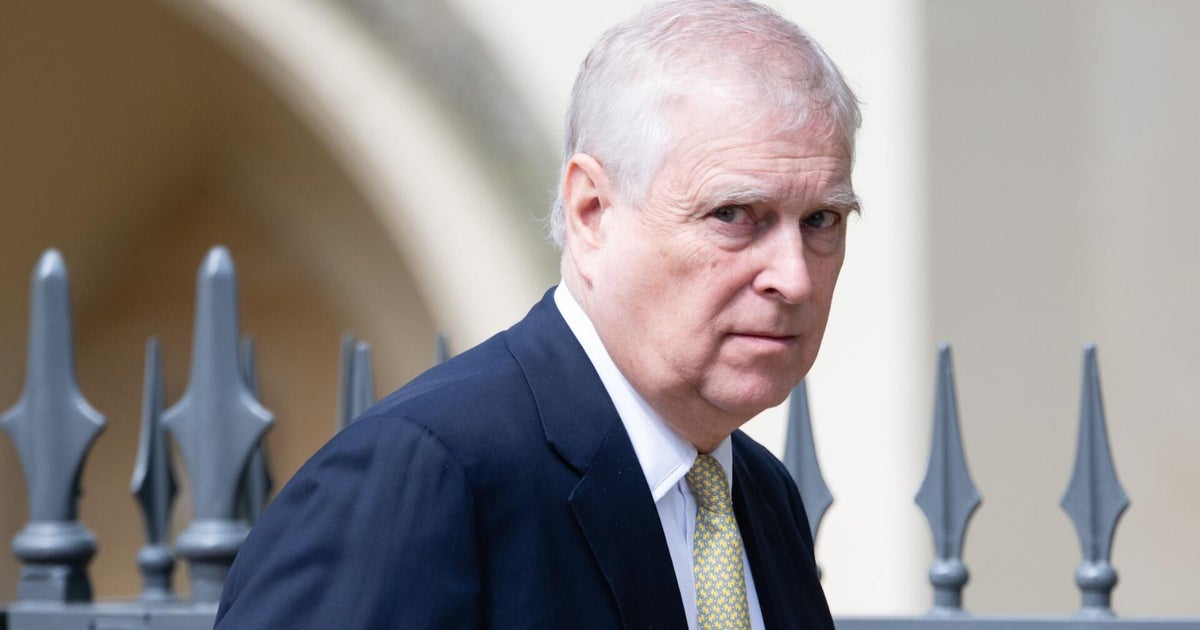What Boeing's Humbling Means For America
(CNN) -- Rarely has a global corporation as respected and powerful as Boeing been so humbled.
Deep political connections that normally grease the airplane maker's way in Washington meant nothing on Tuesday, as its CEO endured a fearsome dressing-down on the anniversary of last year's Lion Air crash. The U.S. Congress did its job famously, as lawmakers finally stumbled on an issue that both Republicans and Democrats care about, not to mention millions of airline passengers around the world.
Watched by bereaved relatives in a Senate committee room, CEO Dennis Muilenburg gave the clearest mea culpa yet for crashes in Indonesia and Ethiopia -- both involving Boeing's 737 Max jet -- that killed 346 people.
"We understand and deserve this scrutiny," said Muilenburg, who insisted he wouldn't resign.
The impact of the twin disasters went beyond the human toll. Faults in Boeing's safety record were exposed by the jet's new anti-stall software, as were revelations it had known about problems and failed to properly alert airlines and pilots.
The Federal Aviation Administration's failure to catch glaring issues has also rocked confidence in what were once the gold standards of global flight safety.
American presidents often preside over huge airliner deals during foreign trips, and the Seattle-based firm was once a tool of U.S. soft power. Now its woes are dragging American economic growth and boosting European archrival Airbus. And whenever Boeing's fixes allow the 737 Max to take wing again, foreign regulators won't rely on the FAA to certify it as airworthy -- another blow to U.S. prestige.
Can the ill-fated jet, the people who made it and the American institutions behind them win back global public confidence? As Democratic Sen. Jon Tester of Montana put it: "I would walk before I would get on a 737 Max."
The-CNN-Wire
™ & © 2019 Cable News Network, Inc., a WarnerMedia Company. All rights reserved.

